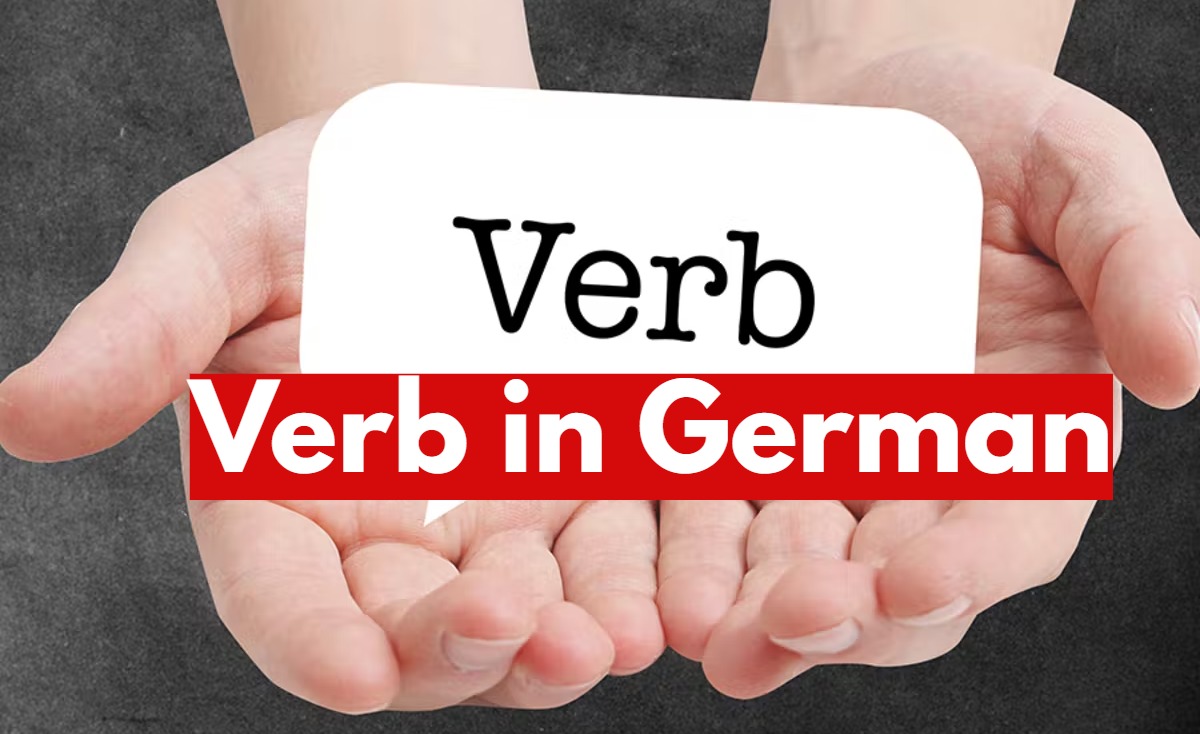The verb in the German language is the mainstay of the sentence, as there is no sentence without a verb
das Verb: Verbs are words that describe movements, events, or situations, such as: went, ate, played. The infinitive of the German verb ends in -en, such as: kommen, heißen, lernen.
reside - wohnen
And the verb changes according to the subject of a noun or a pronoun, and we take an example of the verb
ich wohne - I'm staying
du wohnst - you're staying
er,es,sie wohnt - he, he or she is for neutral, she evaluates
ihr wohnt - you're staying
wir,sie,Sie wohnen - we, they, you or you respectfully
The verb does not change with these pronouns wir, sie, Sie
In sentences: Examples of conjugating verbs with pronouns
wir wohnen in köln - We live in Cologne
die Kinder (sie) spielen Fussball - Children play football
?wo arbeiten Sie, Herr Meyer? - Where do you work, Mr. Meyer?
?woher like Sie,meine Herren? - Where do you come from, gentlemen?
sie lernen Deutsch - They are learning German
die Konjugation: the form of the verb changes if it is used in different times and with different pronouns, and most of what changes in the verb is its ending, and this change that occurs to the verb is called conjugation of the verb.
Until the twelfth century, people were addressed only by their first names, and after that some titles were used for distinction such as Heinrich the Great or the persistent Anna. Family names did not spread throughout Germany until after the fifteenth century.
Most of the traditional German family names go back to the Middle Ages, when they were derived from the craft professions, so most of the family names that are prevalent these days are considered the most important professions at that time.
The family name Müller (miller) is one of the most common surnames, and there are also many other names such as Schneider (tailor), Fischer (fisherman), Schuster (cobbler), Weber (weaver). Some names have been modified, such as: Schmied (blacksmith) is now Schmidt, and Bäcker (baker) is now Becker.
In Germany, the family name or surname is very important in formal communication. When you talk to adults, you call them "Frau Müller" or "Herr Schuster" or "Sie" in the second person.
Even a schoolteacher has to talk to secondary school students who have reached the age of 16 in the official format, if they ask for it.
Source: DW
